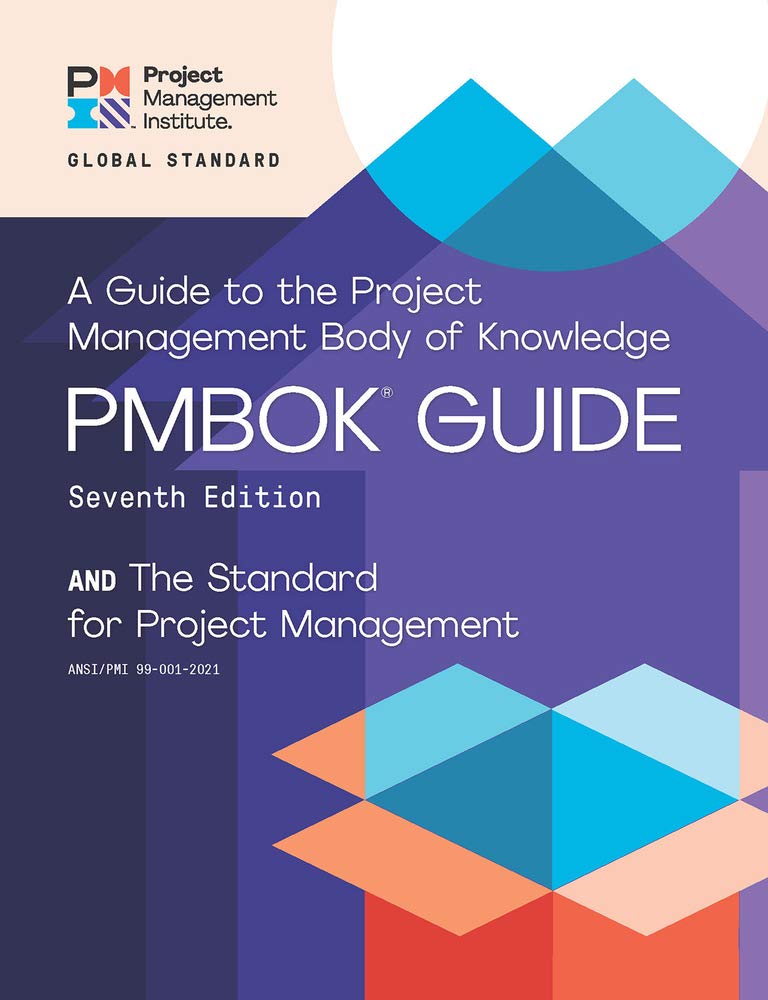
Business Case
What is a Business Case?
A business case is a formal document or presentation that outlines the justification for starting a project. It provides decision-makers with the necessary information to determine whether the proposed initiative is worth the investment. This document includes the project’s objectives, expected benefits, estimated costs, potential risks, and an evaluation of alternative options. It serves as a key reference point throughout the project lifecycle, ensuring that the original goals remain aligned with the organization’s strategic priorities. Often developed during the initiation phase, it supports funding requests and helps gain stakeholder approval.
Key Points
- A business case defines the value and rationale behind a project.
- It usually includes cost-benefit analysis, timelines, risk assessments, and resource needs.
- Project sponsors create it before the project starts and review it during major decision points.
- It can take various forms, including written reports, presentations, or spreadsheets.
- A strong business case helps align the project with business goals and stakeholder expectations.
Related Terms
- A project charter typically follows the approval of the business case, officially authorizing the project.
- A feasibility study may be conducted before the business case to assess whether the project is technically and financially viable.
- The project sponsor typically owns the business case and advocates for the project at the executive level.
- A cost-benefit analysis is a central component of the business case, comparing projected benefits with estimated costs to determine the overall value.
- A risk register is often developed after the business case to track potential issues and mitigation plans.
Business Case: Example
The IT department proposes upgrading its outdated customer relationship management (CRM) system. The business case includes a summary of current issues, a comparison of software options, cost estimates for implementation, projected benefits such as increased sales efficiency, and risks like data migration challenges. After reviewing the business case, executives approve the project and allocate a budget of $250,000 over a six-month period.
Business Case: Best Practices
- Define clear objectives and link them to measurable business outcomes.
- Involve key stakeholders early to gather input and build support.
- Use real data and conservative estimates to maintain credibility.
- Consider and document alternative options, even if they are not chosen.
- Review and update the business case as the project evolves or external factors change.
Additional Resources
Preparing for a PMI certification?
- Exam Prep Courses: PMP®, CAPM®, and PMI-ACP®
- Exam Simulators: PMP®, CAPM®, PMI-ACP®, PMI-PBA®, PMI-RMP®, PMI-SP®, PgMP®, and PfMP®
- Professional Development Units (PDUs): 15, 30, and 60 PDU Bundles




